Ahhh, petroleum jelly— or Vaseline as you may call it — the multi-purpose balm that’s been used by millions as everything from body lotion to diaper rash cream, from scar treatment to chapped lips, and more.
But despite its wide use, petroleum jelly may not actually be the best thing for your skin, overall health, or the environment. In the article, I’m talking about why that is… and then giving you our favorite natural, organic, and non-toxic substitutes to use instead.
Table of Contents: Petroleum Jelly Alternatives for 2024
- First Things First: What Even Is Petroleum Jelly?
- Are Vaseline and Petroleum Jelly The Same Thing?
- Petroleum vs. Petrolatum (+ Other Names for Petroleum)
- Why Vaseline/Petroleum Jelly Alternatives Are Better For Your Skin
- Natural Alternatives to Vaseline
- The Best Petroleum Jelly Substitutes
- Honest Organic All-Purpose Balm
- Waxelene Multi-Purpose Ointment
- Muscle, Joint and Skin Balms from Somebody
- Jao Goe Oil
- Naturally London Healing Foot Balm
- Dr. Shannon’s Organic Skin Balm from Zoe Organics
- Earth Mama Organics’ Collection of Balms
- Ultra Hydrating Salve from Toups & Co
- The Best VEGAN, Cruelty-Free Vaseline Alternatives
First Things First: What Even Is Petroleum Jelly?
As the name indicates, this jelly-like balm is made out of, well, petroleum! Petroleum jelly is a semi-solid mixture of hydrocarbons. This fossil fuel is a byproduct of crude oil, the very same stuff that makes gasoline (which should be our first indication that it’s probably not great for human or environmental health).
According to Wikipedia, several different groups of people discovered various types of gel oils at different points in history—from Marco Polo in 1273, to the Native Americans in the early 1400s, to oil rig workers in the mid-1800s.
One of the main reasons why everyone started using it for skin care purposes is because of its ability to hold in moisture and create a sort of waterproof-like barrier on the skin.
Are Vaseline and Petroleum Jelly The Same Thing?
Vaseline is to petroleum jelly as Kleenex is to tissue. Vaseline is just a brand of petroleum jelly – the first to be commercially produced in 1870.
And no, Aquaphor is not a substitute for petroleum jelly because it is petroleum jelly by a different name. Other well-known brands by a different name include Carmex, Neosporin, Chapstick, Blistex, and more.
Petroleum vs. Petrolatum (+ Other Names for Petroleum)
Petroleum jelly and petrolatum are actually the same thing. You’ll often see “petrolatum” listed on the ingredient labels of moisturizers and lotions, lip balms and lipsticks, deodorants and cosmetics, and more.
Other names you might see instead of “petroleum jelly” include:
- mineral oil
- soft paraffin
- liquid paraffin
- or paraffin oil. (We’ve talked about the problem with paraffin before, in our guide to non-toxic candles.)
(A side note: the term “mineral oil” is kind of confusing. Petroleum doesn’t technically meet the definition of a “mineral,” even though it is “mined.” While “mineral oil” sounds more natural than “petroleum,” it’s really the same thing.)
It’s also worth noting that all of these different ingredients can be hidden under the “fragrance” or “parfum” label. That means that your personal care products could contain petroleum products without them even being listed on the label.
This is one of the reasons why here at The Filtery, we try our hardest to completely avoid products with “fragrance” in them. You can learn more about this fragrance loophole right here.
Why Vaseline/Petroleum Jelly Alternatives Are Better For Your Skin
Vaseline is a sworn-by beauty secret that spans centuries and still today remains a popular recommendation in the beauty industry. While it does a wonderful job of sealing in moisture, its hydration qualities, environmental impact, and health impacts require that we take it out of our routine and find a better substitution.
Fortunately, if you want an alternative to petroleum jelly, there are plenty available! But first, let’s look at why I recommend avoiding petroleum jelly.
- It sits but doesn’t sink.
- Petroleum jelly doesn’t actually moisturize the skin either—it pretty much just sits there on the surface of the skin until it wears off, giving the appearance of moisturization in the meantime. (This is why you may have noticed that many popular lip balm brands don’t actually make your lips less chapped and why you have to keep re-applying!)
2. It blocks pores.
- The “sealing” properties mean it often blocks pores and traps bacteria, preventing the skin from healing properly and potentially even causing infections.
3. You need to be careful where you use it.
- Certain usage can cause exogenous lipoid pneumonia, which is basically where small amounts of jelly are inhaled and then enter the lungs (where they cannot be broken down by the body) and build up over time. This can lead to lung inflammation, coughing, and shortness of breath. This is why you should not use petroleum jelly on the inside of your nose, especially as a regular habit.
4. It starts as a non-renewable fossil fuel.
- As a non-renewable resource and byproduct of the oil refining process, petroleum jelly is not sustainable or eco-friendly.
5. Health concerns.
- But the main concern when it comes to human health has to do with polycyclic aromatic hydrocarbons (PAHs).
Polycyclic Aromatic Hydrocarbons (PAHs)
PAHs occur naturally in unrefined petroleum. They are linked to cancer development and have been listed as a possible or probable carcinogen by:
- The American Cancer Society
- The U.S. Department of Health & Human Services National Toxicology Program (NTP)
- The WHO’s International Agency for Research on Cancer (IARC)
You can check out this list from Breast Cancer Prevention Partners if you want to dig into some more of the research connecting PAHs to cancer.
But, it’s not just cancer.
- PAHs are also suspected to be endocrine disruptors, which means they may mess with one’s hormones and possibly lead to things like decreased fertility and other health issues.
- According to the CDC, certain PAHs can also affect other bodily systems such as the blood, immune system, liver, spleen, kidneys, developing fetus, lungs, and more.
Should I Avoid Petroleum Jelly?
Yes — because if and when petroleum is properly refined and turned into petroleum jelly, PAH actually shouldn’t pose that much of a threat to human health. The problem, however, is that it’s practically impossible to tell how refined a specific petroleum jelly product is refined. Petrolatum/petroleum jelly is often minimally refined and therefore may be contaminated with these PAHs.
This is especially the case in the U.S., where there are no requirements on refinement in the petroleum used in personal care products. By contrast, the “EU mandates that for cosmetic use, the full refining history of the petrolatum must be known and proven to be non-carcinogenic.”
This is why it is not only PAHs themselves that have been put on various hazard lists, but also the ‘alternatives’ I’ve discussed, like petrolatum and mineral oils:
- The American Cancer Society has “untreated or mildly treated” mineral oils on their list of known and probable carcinogens.
- In Canada, petrolatum is classified as “a high human health priority” and as “expected to be toxic or harmful” on the Environment Canada Domestic Substance List.
- The Haz-Map list (a database that was developed by a group of doctors and researchers) also has “untreated and mildly treated” mineral oils listed as carcinogenic.
- You’ll also find “mineral oils” listed on the NTP and IARC lists mentioned above as well.
Natural Alternatives to Vaseline
The good news is that there are SO many great, natural alternatives to petroleum jelly. These include things like:
- Shea Butter
- Cocoa Butter
- Beeswax
- Avocado Oil
- Olive Oil
- Jojoba Oil
- Coconut Oil
- And more
Not only are these ingredients natural, renewable, and safer, but they can also be absorbed into your skin. With their vitamins, fatty acids, and other nutrients, they can actually moisturize your skin while also allowing your skin to breathe and heal itself.
The Best Petroleum Jelly Substitutes
So now that we know why petroleum jelly is best avoided, let’s talk about what to use instead!
Below are some of my favorite multi-purpose balms to use as a substitute for Vaseline, Aquaphor or any of the other brand names. Not only are these brands free of petrolatum and mineral oils, but they’re also free of other toxic ingredients like phthalates, parabens, synthetic dyes, and more.
P.S. The following alternatives are made with beeswax, so they are not vegan. If you’d prefer some options that are completely free of any animal products, keep scrolling—I’ve got you covered!
P.P.S. If you’re specifically looking for petroleum-free lip balms, check out this article.
Honest Organic All-Purpose Balm

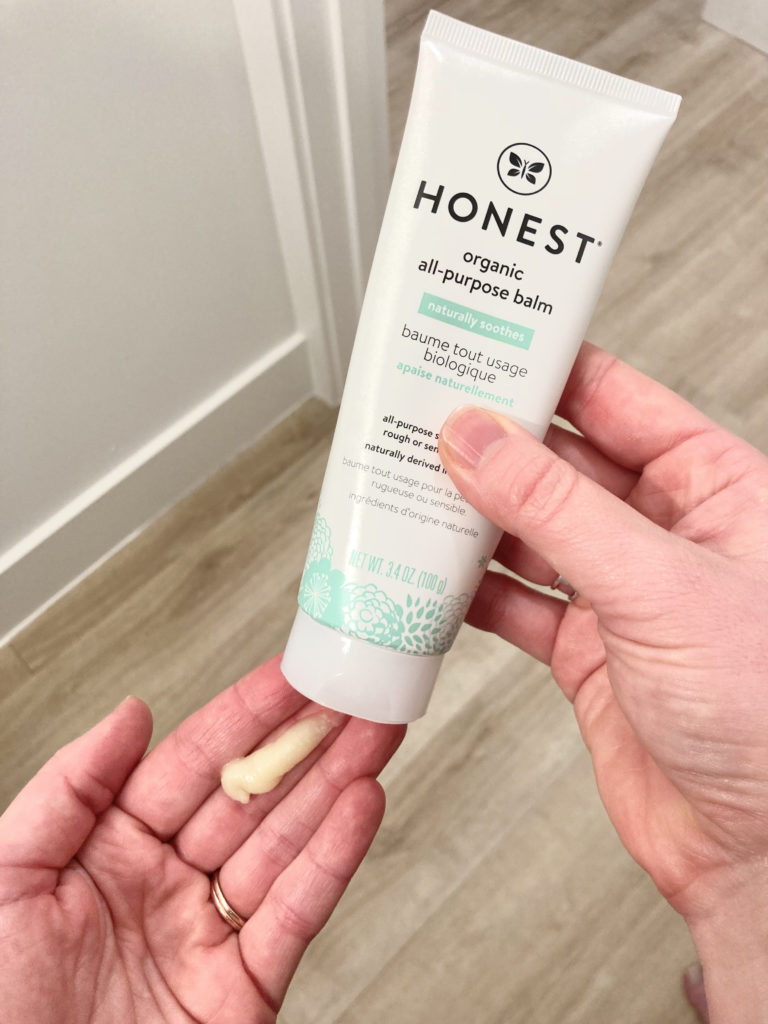
Price: $12.99 for 3.4 oz. tube
This is one of my absolute favorite Vaseline alternatives. It comes with seals from USDA Organic as well as the National Eczema Association. If you really love that kind of thick and jelly texture of Vaseline and Aquaphor, the texture of this balm comes really close to it.
It’s suitable for babies, kids, and adults and can be used as a hand cream, lip balm, or all-over moisturizer for whatever part of your body is dry, scratchy, and in need of some TLC.
For more of my favorite Honest Beauty products, check out this article.
Waxelene Multi-Purpose Ointment


Price: $49.99 for a 9 oz. jar or $23.99 for a 3 oz. jar
Waxlene’s Multi-Purpose Ointment is made with just four natural ingredients:
- organic beeswax
- organic soy oil
- organic rosemary oil
- and natural vitamin E oil.
It’s specifically formulated for people with eczema and psoriasis-prone skin, and you can see lots of photos on their website of people with real skin concerns experiencing vast improvement after using Waxelene.
This organic alternative to Vaseline is available in glass jars and tubes of various sizes, so you can purchase what works best for you, your family, your budget, and your travel needs.
Waxlene is also certified cruelty-free by Leaping Bunny and is USDA certified organic.
Muscle, Joint and Skin Balms from Somebody
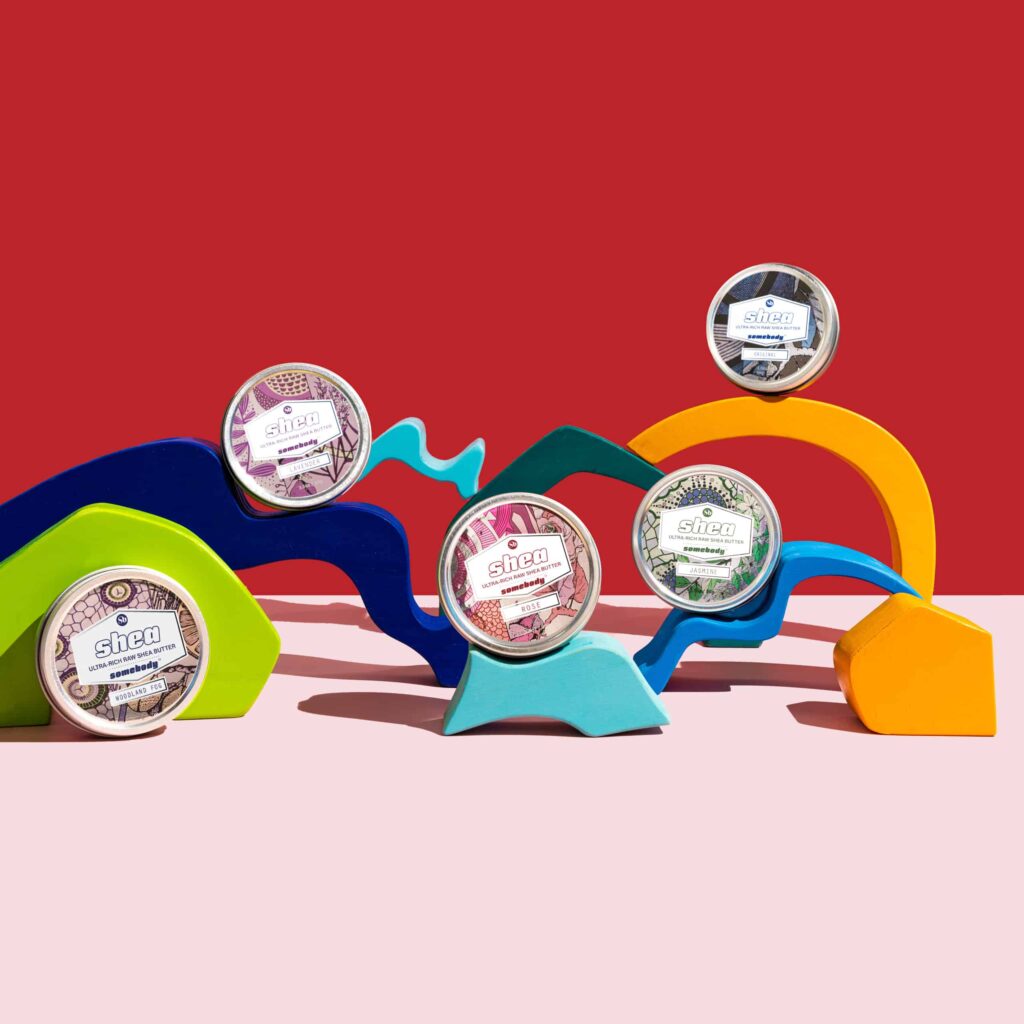
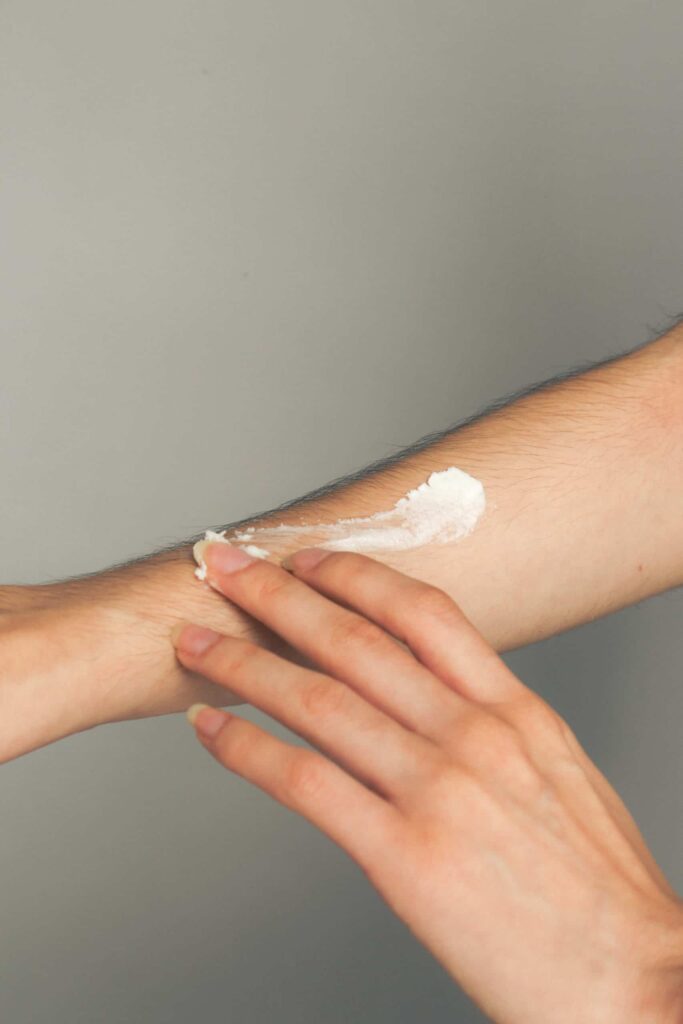
Price: $8+
Somebody (previously known as Shea Brand) carries a collection of powerful shea butter moisturizers that come in blends like lavender, jasmine, unscented, and more. These ingredient lists are super simple and include:
- organic shea butter
- botanical extracts
- and vitamin E.
For those ages 18 and up, they also have a CBD version to provide some extra help for aches and pains. This CBD balm uses (many organic) ingredients like shea butter, hemp, and eucalyptus oil to not only soothe the skin but also provide natural relief to the muscles underneath.
P.S. These balms, CBD included, are cruelty-free and vegan, too. Plus, the brand is partially BIPOC/woman-owned.
Jao Goe Oil
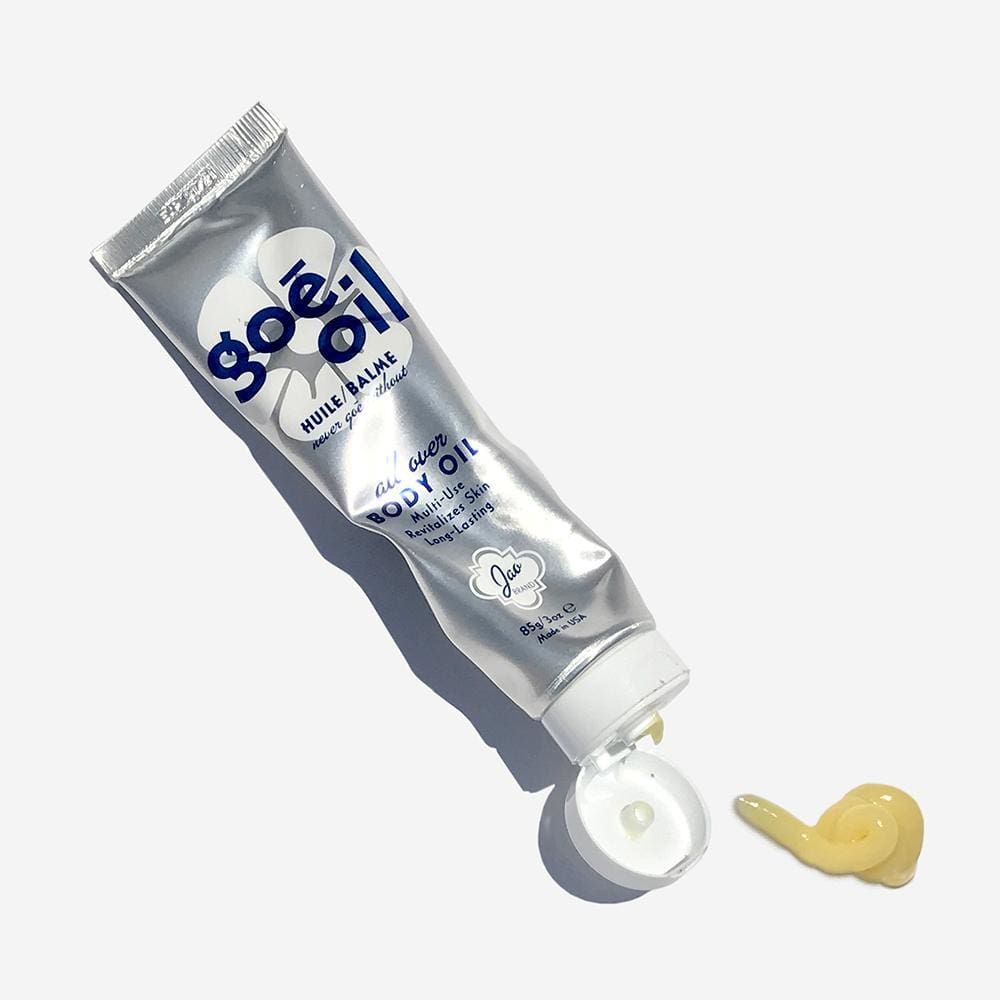
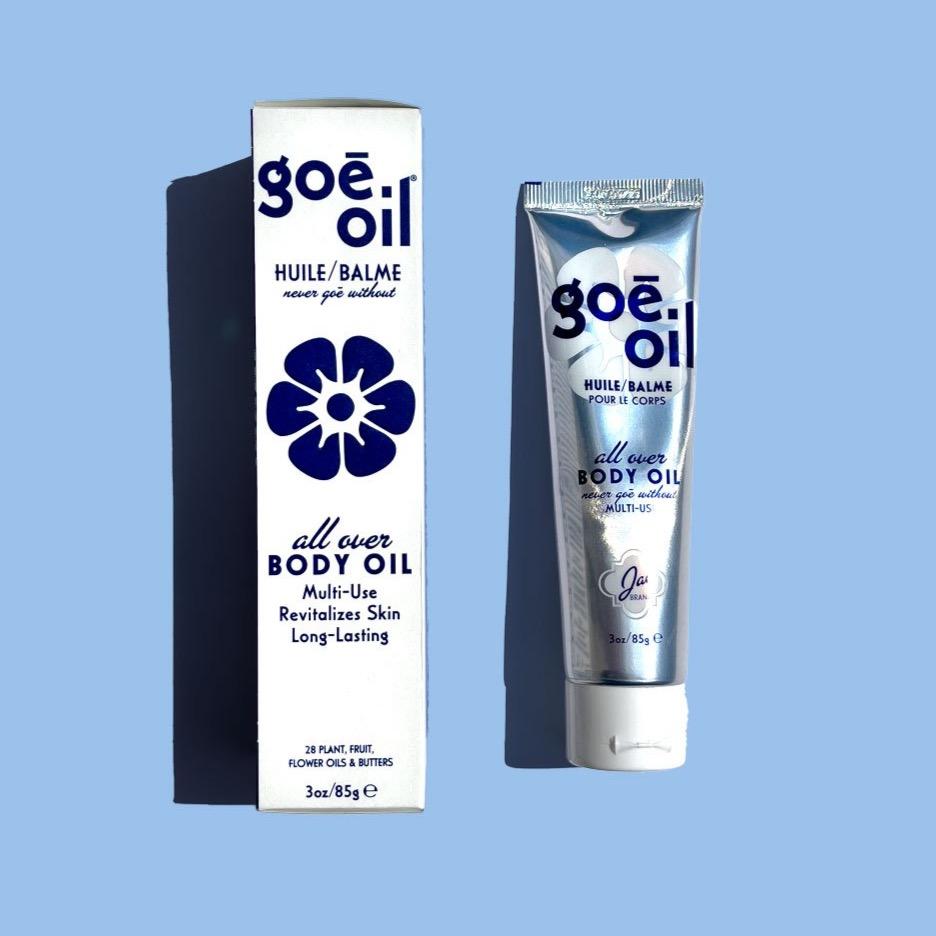
Price: $50 for 3 oz. tube
This all-over body oil is on the pricier side, but it’s a fan favorite. The Goe Oil uses 28 naturally derived ingredients, including rosehip, hemp, avocado oil, and more. In true petroleum jelly fashion, it can be used in a variety of ways:
- As a general body lotion
- As a dry nose healer
- As a shaving cream
- As aftershave
- As a makeup remover
- Or even as a hair oil
Naturally London Healing Foot Balm


Although it can technically be used all over your body, this super-moisturizing balm is specifically formulated to soften heels and hard calluses using nourishing ingredients to leave your feet smelling fresh such as:
- baobab oil
- cupuacu butter
- and essential oils
It’s made by a Black-owned brand, as well!
Use code THEFILTERY10 for 10% off.
Dr. Shannon’s Organic Skin Balm from Zoe Organics

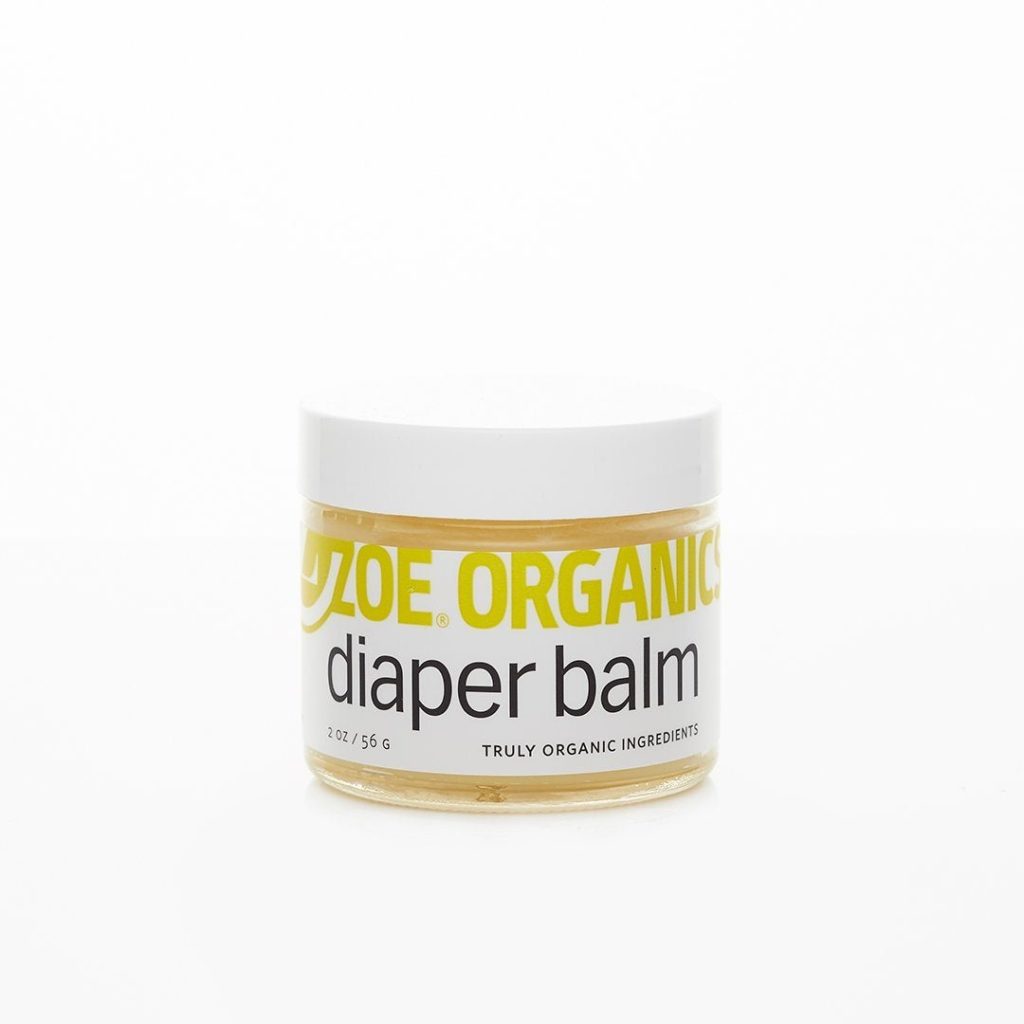
Price: $18 for 2 oz
Using a variety of powerhouse ingredients like coconut oil, beeswax, calendula, and cocoa butter, Zoe Organics has created a variety of balms that easily replace petroleum jelly. Each one is multi-tasking, nourishing and free of detergents or synthetic additives. Find the right one for you:
- Do it all cream for all ages
- Belly Cream for soothing skin during pregnancy
- Diaper Balm for the littlest bums
- Dr. Shannon’s Organic Skin Balm
Earth Mama Organics’ Collection of Balms

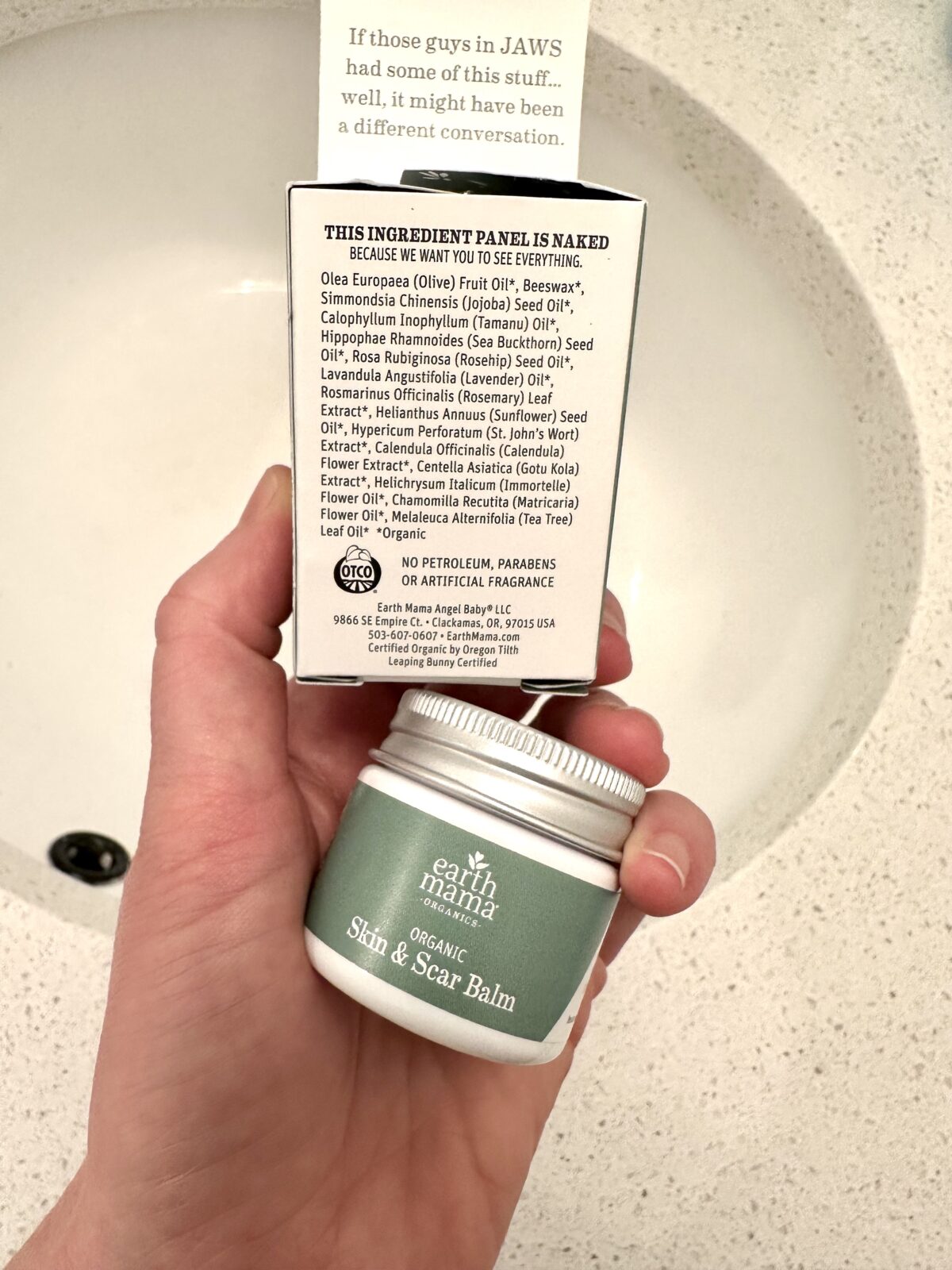
Price: $3.99-$24.99
Vaseline and Aquaphor can move over as household staples for scar treatment and make way for this natural alternative. Earth Mama Organics has a really awesome collection of affordable balms that serve different purposes for new moms and their babies.
- Their Organic Baby Face Nose & Cheek Balm is great for “drooling chins and dripping noses.”
- The Skin & Scar Balm is made to help reduce the appearance of scars and stretch marks.
- For new mothers they also have a Perineal Balm, Diaper Balm, and Nipple Butter (which comes in both vegan and non-vegan varieties).
These awesome healthy petroleum jelly substitutes come with a handful of third-party certifications, including:
- EWG Verified
- USDA Organic
- Non-GMO
- and Leaping Bunny.
Ultra Hydrating Salve from Toups & Co
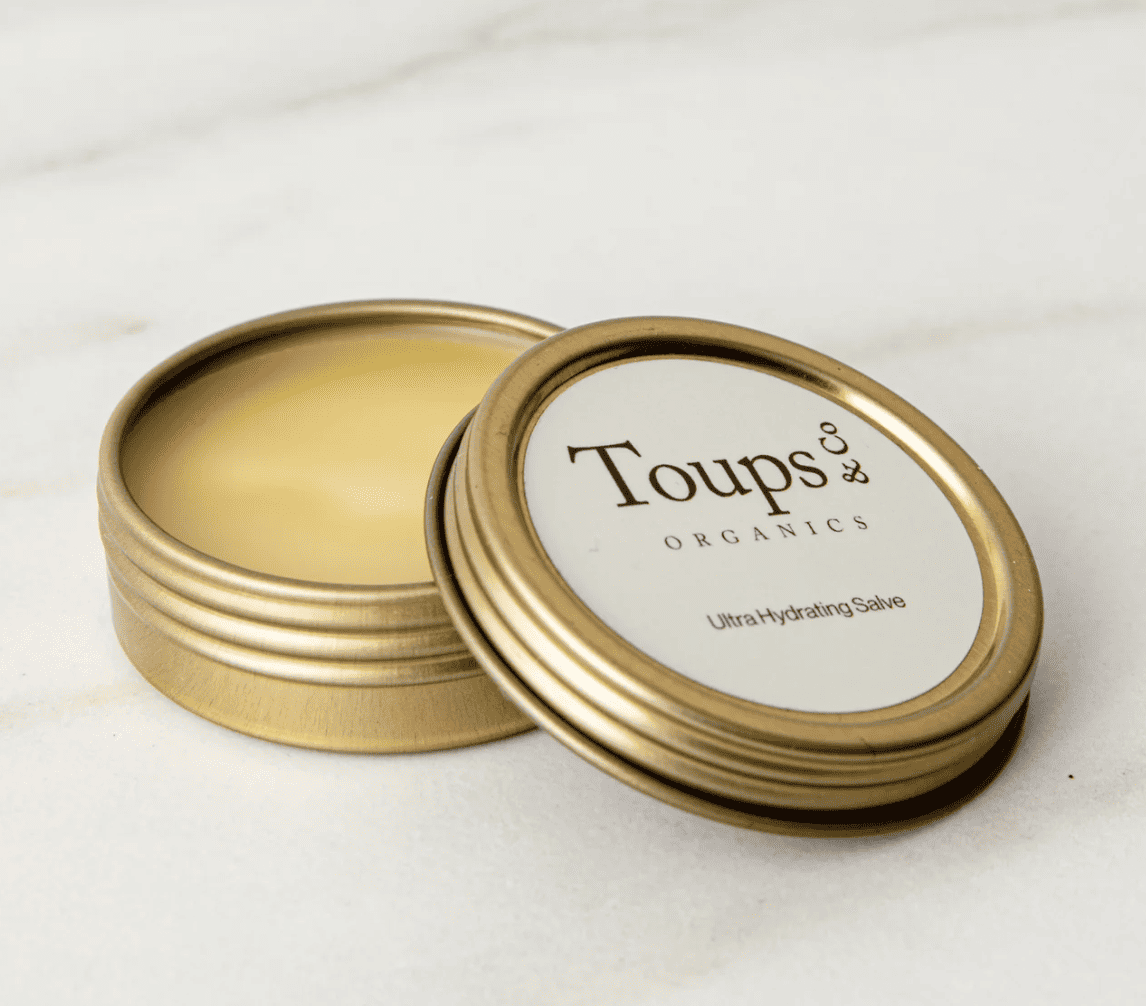
Price: $30
A little of this salve does the trick anywhere you need to repair dry and cracked skin. Made with a handful of nourishing and organic ingredients such as organic shea butter, beeswax, vitamin E, and organic jojoba seed oil, this on-the-go balm hydrates the surface of your skin while moisturizing deep into your pores.
The Best VEGAN, Cruelty-Free Vaseline Alternatives
In addition to everything we’ve learned about Vaseline, it is not a cruelty-free brand. Unilever does not test on animals but they allow their ingredient suppliers to test on animals (when required by law).
Instead, here are our favorite non-toxic, natural, and organic petroleum jelly substitutes that are cruelty-free, beeswax-free, and free from any other animal-derived products.
Pipette Baby Balm


Price: $10 for 2 oz
If you’re looking for a vegan petroleum jelly alternative for your baby, Pipette is a really great affordable option!
This Baby Balm uses plant-derived squalene along with jojoba, fatty acids, and more to keep even the most sensitive skin moisturized. It’s even been clinically studied and dermatologist-tested.
- Vegan (Leaping Bunny)
- Cruelty-Free (Leaping Bunny)
- EWG Verified
- National Eczema Association Sealed
Werkactia Beauty Balm from Pholk Beauty


Price: $18 for 2 oz
Pholk Beauty is all about “soul food for the skin.” This vegan beauty balm comes in three different scents:
- Moroccan Rose
- Fresh Ginger
- and Eucalyptus Mint
They use only a few ingredients (mango butter, jojoba butter, hemp seed oil, glycerin, and essential oils), all of which are completely edible so you can use it all over your body, including on your lips.
The texture of this balm is a little more “light and fluffy” compared to other Vaseline alternatives that are more “thick and jelly.”
- Vegan
- Cruelty-Free
- Blac-Owned Brand
- Winner of 2021 Clean Beauty Summer School Award
Use the code THEFILTERY10 for 10% off.
Skin Repair Balm Stick from Meow Meow Tweet
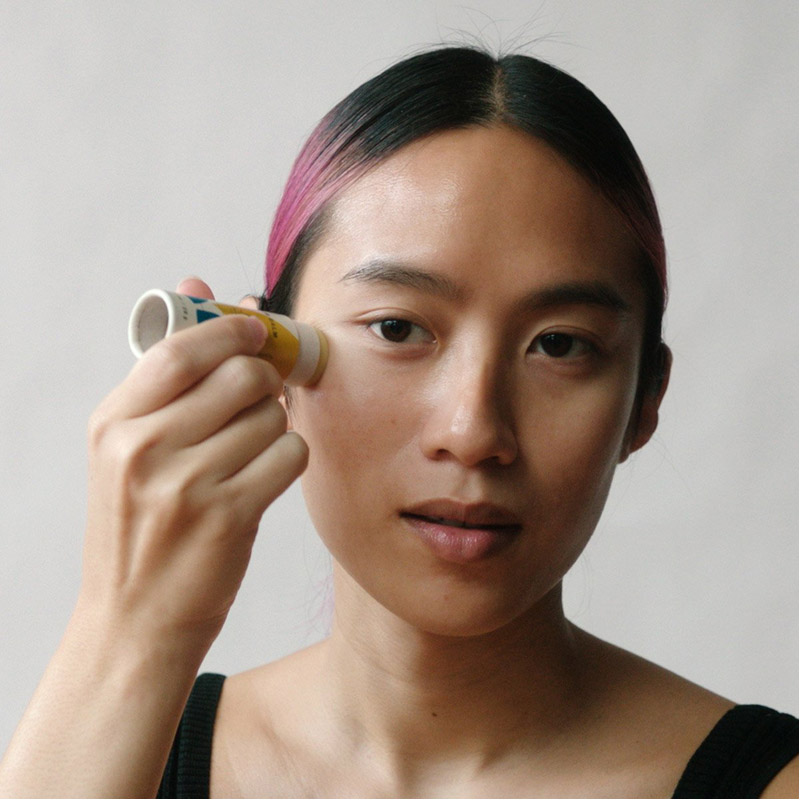

Price: $14 for 1 oz stick
This is a great travel-friendly option that you can easily throw in your purse, backpack, or dopp kit. Instead of a jelly-like substance, it’s more of a solid stick that you can apply to wherever your body needs it—face, hands, elbows, etc.
This plastic-free repair balm is made with organic and fair trade ingredients like shea butter and coconut oil. Not only that, but it also comes in a paper tube which can be composted when you’re finished with it. Meow Meow Tweet is a Certified Climate Neutral company, too.
- Cruelty-Free (Leaping Bunny)
- Vegan (Leaping Bunny)
- Certified Climate Neutral
Doctor Rogers’ Restore Healing Balm


Price: $30 for 0.5 oz
This dermatologist-created multi-tasking balm is “designed to help soothe damaged, post-procedure skin.” It can be used for:
- chapped lips
- dry cuticles
- tattoos
- burns
- cuts
- scrapes
- and more
This vegan and plant-based balm only includes three simple ingredients: castor seed oil, glycerin, and hydrogenated castor oil.
- Vegan
- Cruelty-Free
The Balm from Nucifera


Price: $24 for 2 oz
This multi-purpose balm can be used for just about everything!
- A daily face moisturizer
- An aftersun treatment
- A hair mask
- A tattoo conditioner
- Makeup remover
- Shave oil
- Massage oil
- And much more
It’s made with a bunch of plant-based butters and oils (most of which are certified organic).
- Vegan
- Cruelty-Free
So, will you be switching to a petroleum jelly alternative to heal & nourish your dry skin?
Petroleum jelly (along with petrolatum, mineral oils, and paraffin) can contain toxic PAHs. Not only that, but petroleum jelly doesn’t actually moisturize your skin; it just sits on top making you feel moisturized until it wears off.
So if you’re looking for an alternative to Vaseline, consider grabbing one of the natural and non-toxic alternatives listed above to give your skin the nourishment it deserves instead!

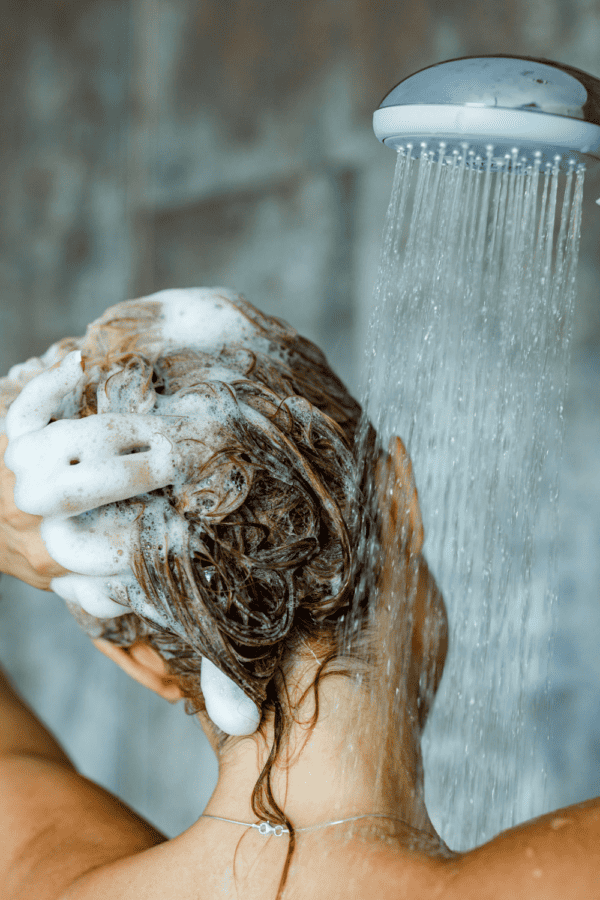
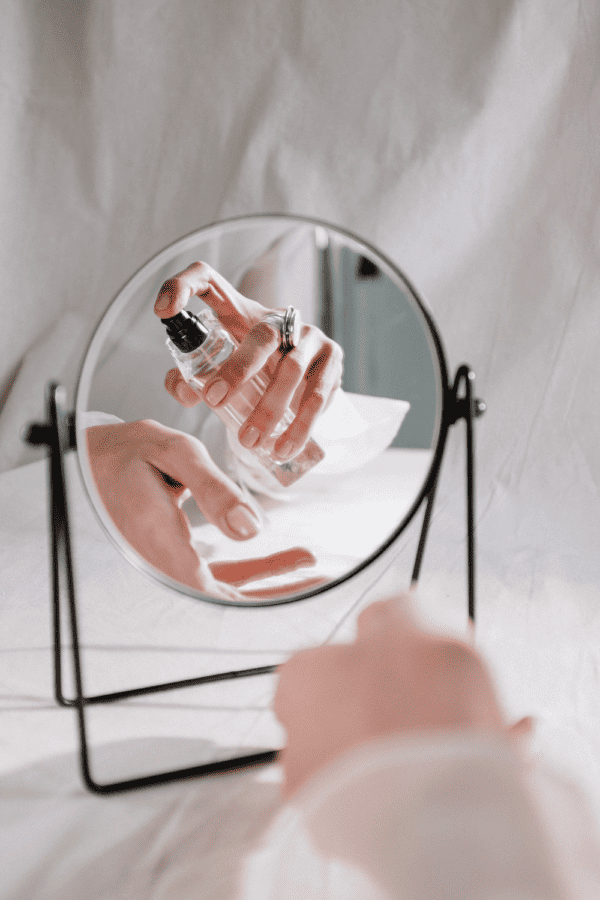
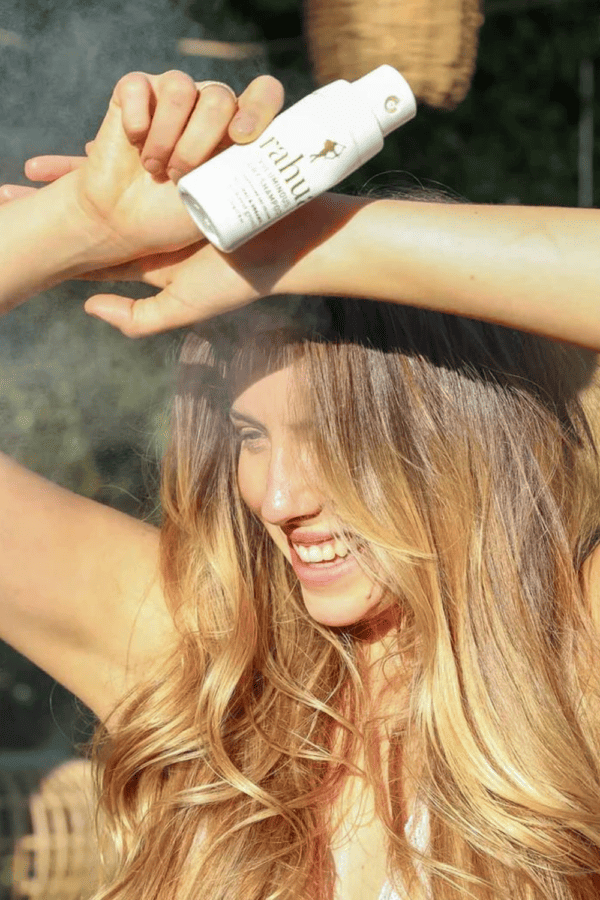
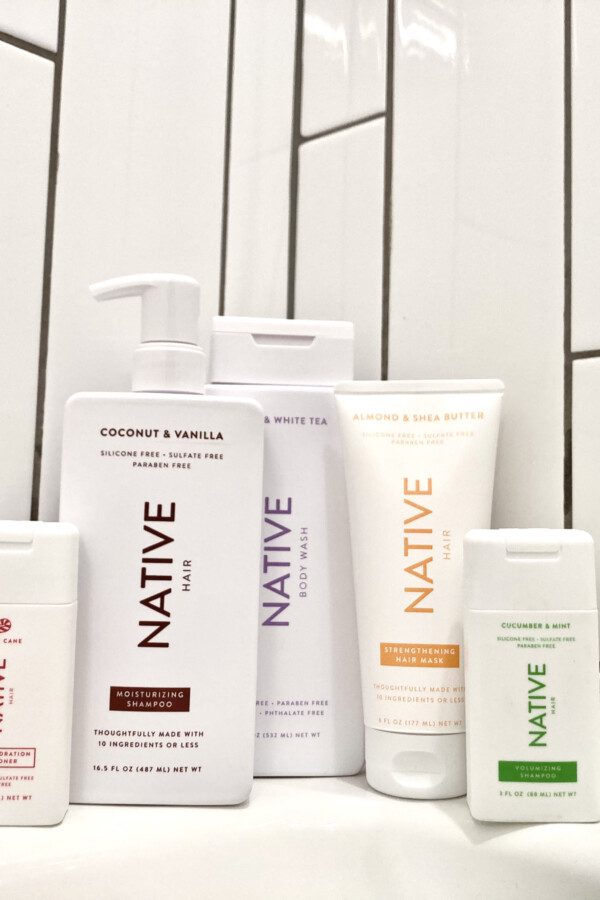
freaking expensive to be a caring person.
petroleum jelly is one buck for 13 Oz
these companies jerk and suck you around . if they were really so good they would be making it affordable for human being to have these needs it’s a freaking rip off f****** thing
Hi there,
I feel you! It’s really unfortunate that buying non-toxic/eco-friendly/organic/etc. products does seem to cost more a lot of times. My POV is that it’s not actually the more conscious companies that are jerking us around (most of the time), but the massive petroleum & chemical companies who are gaming the system. They make such cheap stuff that’s not priced according to the true cost when one takes into consideration the negative impact on people and planet. They lobby government so they don’t have to submit to regulations or pay taxes. On top of that, there are of course the larger issues that affect one’s ability to afford things, like the fact that minimum wage is not realistically a living wage in most places…
My hope is that over time, the way our systems work will change and organic/non-toxic/sustainable products will become more and more affordable. In the meantime, try to just do what you can. You can’t do things perfectly, so just try do do what you can, take it one thing at a time, and try not to feel bad about the rest.
xoxo – Abbie
The Badger Company is another great option.
After reading your article, I thought you might also look at products from. Montana Emu Ranch. I have used several of thir natural products for years with excellent and safe results. One of the products I use for wounds is their Herbal Wound Salve. It doesn’t heal by itself, but encourages the body to speed up the healing so to speak, but does moisturize, as does all their products. After having radiation therapy on my neck for cancer treatment, I have used their pure Emu oil daily on my neck, and it’s as soft as a babies skin.